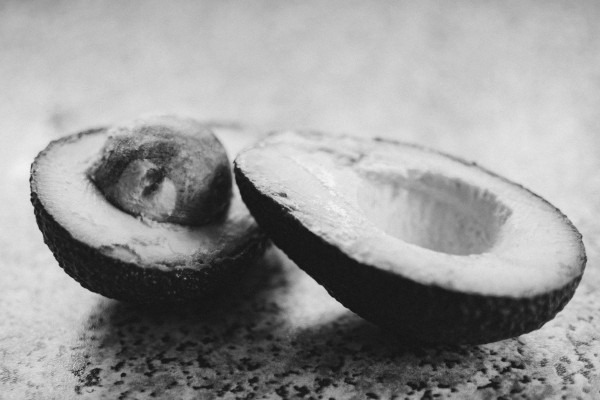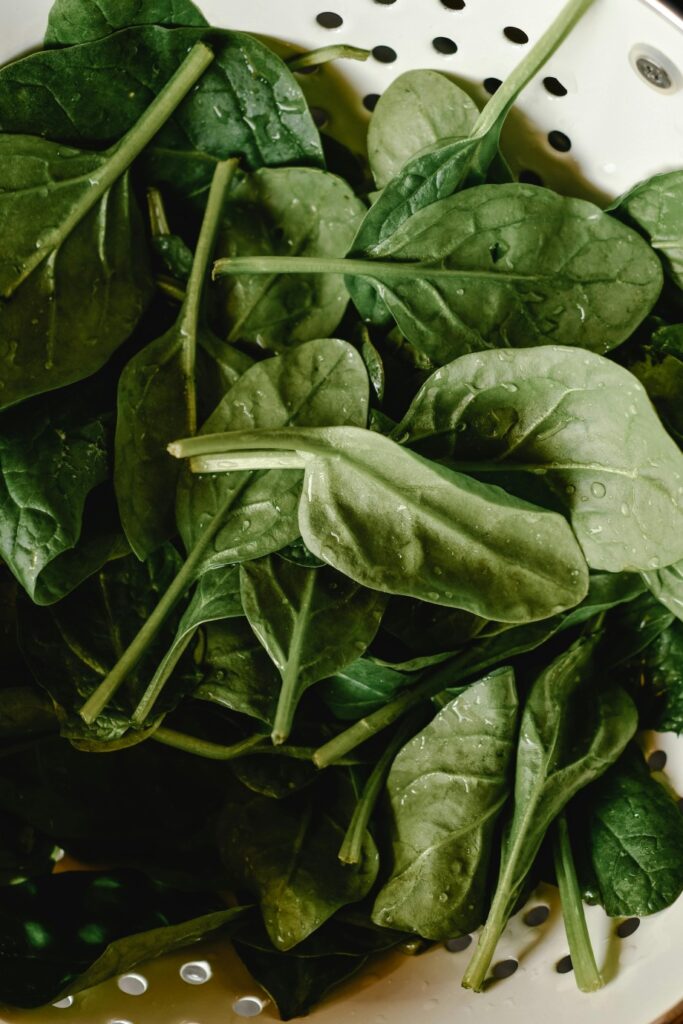What are the foods that can help menopause hot flashes?

Menopause is a significant phase in a woman’s life, often accompanied by various symptoms, including hot flashes.
These sudden feelings of heat can be uncomfortable, but certain dietary choices can help manage them effectively.
The role of foods in alleviating menopause hot flashes has gained attention, as more women seek natural remedies to ease their symptoms.
We will explore various foods that help menopause hot flashes, offering a natural approach to managing this common menopausal symptom.
Additionally, recent studies highlight the potential of specialized supplements in enhancing the body’s hormonal balance during menopause, offering a complementary approach to traditional dietary adjustments.
Explore the latest research on how specific supplements could provide targeted relief from hot flashes.
Understanding Menopause and Hot Flashes
One of the hallmark symptoms of menopause is hot flashes, characterized by sudden warmth, often accompanied by sweating and a rapid heartbeat.
These can occur several times a day, impacting daily life and comfort.
The exact cause of hot flashes is not fully understood but is believed to be related to changes in hormone levels affecting the body’s temperature regulation.
Foods That Help Menopause Hot Flashes
- Soy Products: Soybeans and soy products contain isoflavones, a type of phytoestrogen that can mimic estrogen in the body. Since menopause hot flashes are partly due to decreased estrogen levels, consuming soy products like tofu, tempeh, and soy milk can offer relief.
- Whole Grains: Whole grains are rich in fiber and B vitamins, which help in overall health maintenance during menopause. Foods like brown rice, quinoa, and oats can stabilize blood sugar levels, indirectly helping to reduce hot flashes.
- Fruits and Vegetables: A diet high in fruits and vegetables can be beneficial. Leafy greens, berries, and other antioxidant-rich foods help in combating oxidative stress, which may exacerbate menopause symptoms including hot flashes.
- Cold Water Fish: Omega-3 fatty acids, found in fish like salmon, mackerel, and sardines, are known for their anti-inflammatory properties. These can be particularly helpful in managing menopause hot flashes and improving overall heart health.
- Nuts and Seeds: Including a variety of nuts and seeds in your diet can be helpful. Flaxseeds, in particular, contain lignans which have estrogenic properties that can assist in reducing hot flashes.
- Healthy Fats: Olive oil and avocados, rich in monounsaturated fats, contribute to a balanced diet and can help in managing menopause symptoms, including hot flashes.
- Menorescue Supplement: For those seeking an advanced approach to managing hot flashes and other menopause symptoms, “Menorescue” offers a scientifically formulated blend of three potent ingredients. Black cohosh, known for its ability to reduce hot flashes and mood swings; red clover, rich in isoflavones that mimic estrogen, potentially easing menopausal symptoms; and Dong quai, an ancient herb used to support overall women’s health and provide relief from menopause symptoms. This trio works synergistically to offer a comprehensive support system during menopause
Other Dietary Considerations
While focusing on foods that help menopause hot flashes, it’s also important to note what to avoid.
Spicy foods, caffeine, and alcohol can trigger or worsen hot flashes for some women.
Additionally, maintaining a balanced diet and staying hydrated are crucial for overall well-being during menopause.

Parting Thoughts
Incorporating specific foods into the diet can be a practical approach to managing menopause hot flashes.
Soy products, whole grains, fruits and vegetables, cold water fish, nuts and seeds, and healthy fats are all beneficial in alleviating these symptoms.
While individual responses may vary, these dietary choices offer a natural and effective way to reduce the discomfort associated with menopause hot flashes.
By understanding and adopting these dietary strategies, women can navigate through menopause more comfortably and healthily.
Lastly, the integration of nutraceutical advancements presents an intriguing frontier for menopausal symptom management.